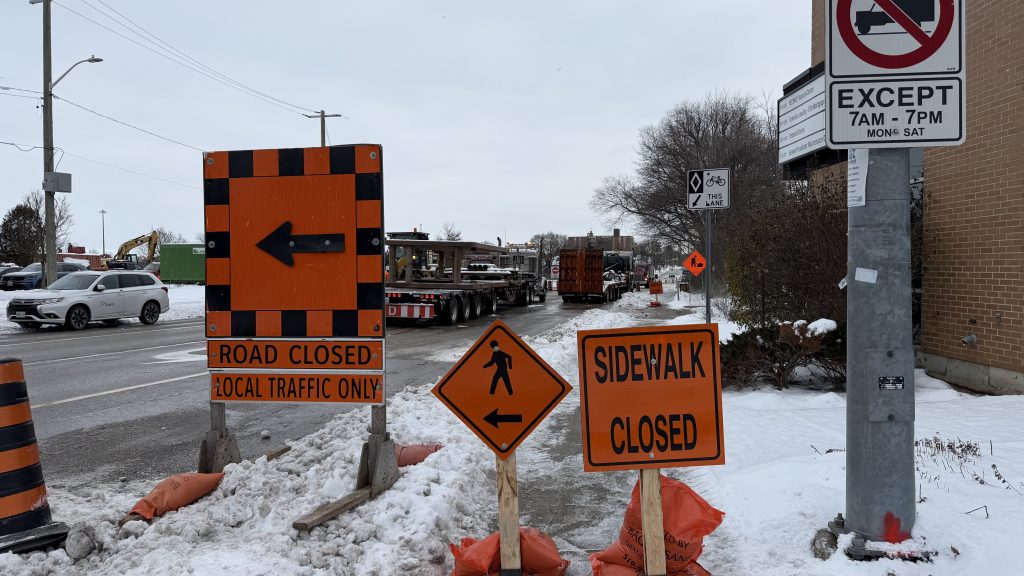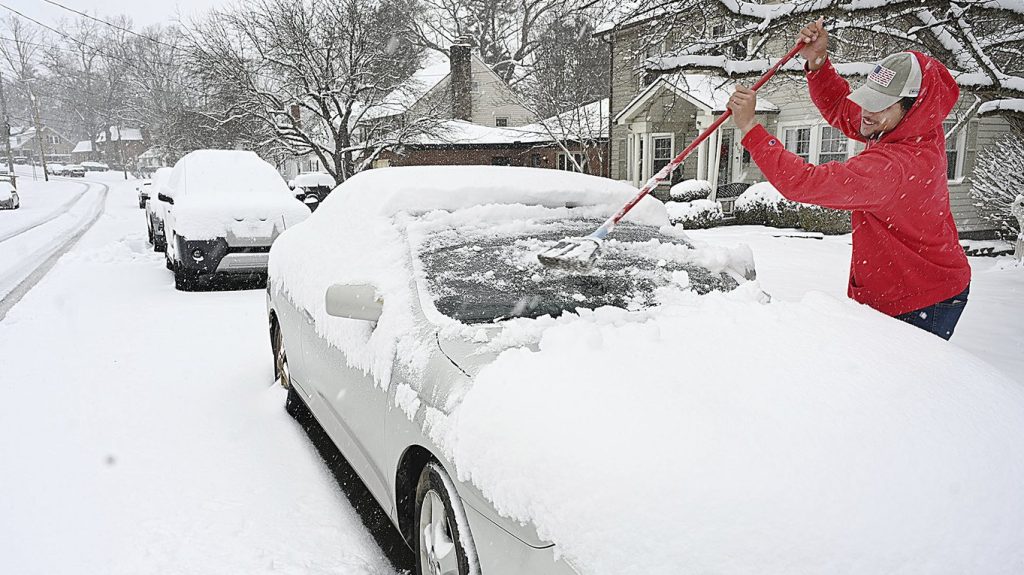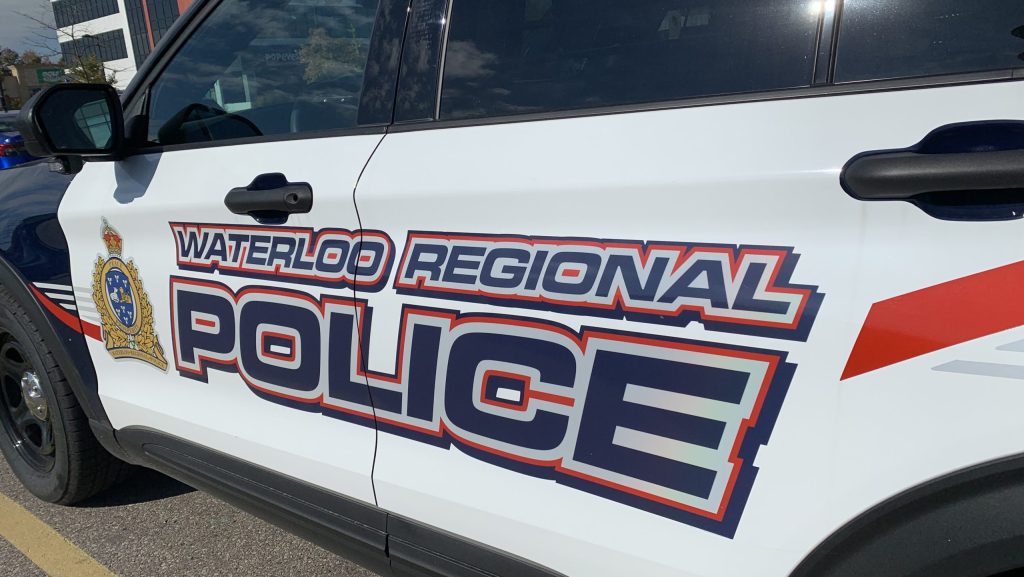‘This needs to remain a community space’: Land Back Camp on Charles Street Terminal
Posted Jul 22, 2022 04:44:17 PM.
Land Back Camp’s second film, a documentary about Charles Street Terminal, debuts tonight at 44 Gaukel St.
Titled Recollections & Imaginings, the 30-minute film features stories from community members about their experiences and memories with the Charles Street Terminal building in Kitchener, which closed down in 2019.
Landback Camp co-founder Bangishimo has been advocating for space for the Indigenous community since 2020. When the terminal was brought up in conversations with the community as a potential space, they realized how perfect it could be.
“It’s centralized, it’s on a transit stop, beside City Hall and Willow River Park,” they said.
Then last summer, University of Waterloo architecture students Niara van Gaalen and Enoch Liu approached Land Back Camp about creating a vision document for the terminal to support their vision for an Indigenous community hub.
Afterwards, they started a petition in support of transforming the terminal into a community centre, which currently has around 3,500 signatures. They began receiving letters of support from Indigenous organizations, and presented all this to regional council.
“So it’s gotten a lot of momentum,” Bangishimo said. “Going into the new year, we didn’t want this conversation to be put on the backburner.”
They decided a film would be a good way to keep the conversation going, because they could reach out to different community members that wouldn’t necessarily be involved in the consultation process otherwise.
“We went out into the streets, talking to people, engaging with folks around the bus terminal site, around Willow River Park and the market. Some of them remembered before the terminal was even built. There are people who (used) that space when they first immigrated to Canada, they use that space to meet up with friends,” van Gaalen said. “And so I think it was really powerful to be out on the ground and speaking with community members.”
More than just a transit station, the space has held many things for many people, but one thing seems clear: it has always been a community space, in one way or another.
“That seems to be the theme around a lot of the stories,” Bangishimo said. “They really enjoyed having that space to say hello to other folks, to meet new faces.”
Van Gaalen added that it was often marginalized community members who needed the space the most.
“Students, disabled folks, people experiencing homelessness and poverty. It’s a space where, it doesn’t cost a lot of money, it’s easy to access,” she said.
“This piece of land needs to remain a space for the community,” Bangishimo said.
In terms of what an Indigenous community centre would entail, they said it would essentially be a community hub for marginalized groups, with the intention of building community and addressing community needs.
The biggest concern right now is affordable housing, especially when it comes to the people living in encampments throughout the city, many of whom are Indigenous.
“We don’t have Indigenous outreach workers to work with them. So these folks have reached out to me and asked what kind of help Land Back can give to support them. We need a space that offers these services.”
Ideally, they said one of the floors would be dedicated to affordable housing units or transitional housing, to help people get back on their feet.
But it would also include community spaces for education, health care services, and a large indoor gathering space, where Indigenous groups can “come together under one roof.”
“I think it would be so beautiful for us to really celebrate Indigenous folks in the heart of our community.”
Since the terminal closed down, for the past two years it has been used as a vaccination clinic. But now, the region says it will likely remain empty for the next five to 10 years.
“We're waiting for the people in power to decide what they want to do with the building,” they said. “So in the meantime, we're going to keep pressuring them and keep the conversation going, that this needs to remain a community space.”
Tickets for the 7 p.m. screening are sold out, but you can still score tickets for the 8 p.m. and 9 p.m. screenings here. All viewings are free.
They are hoping to do another screening sometime after, likely at the Apollo Theatre, and another online.








